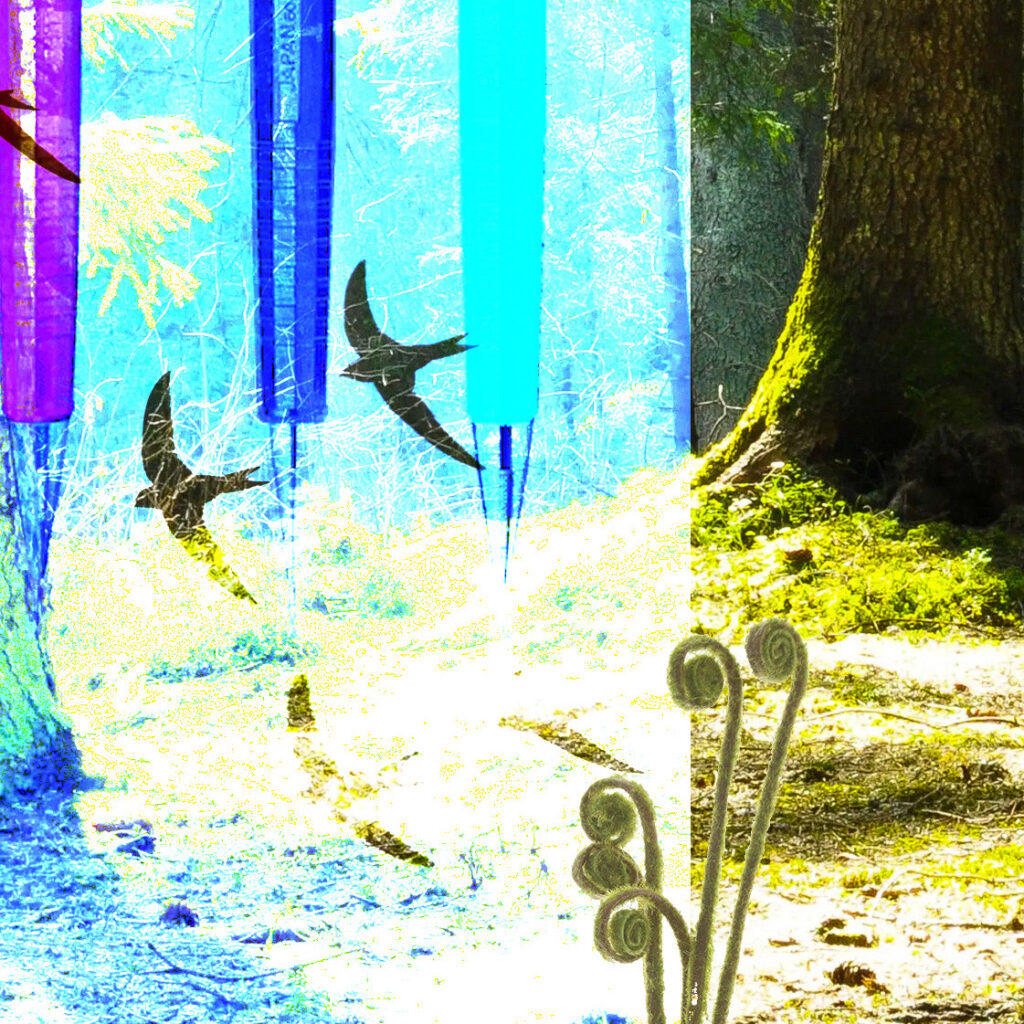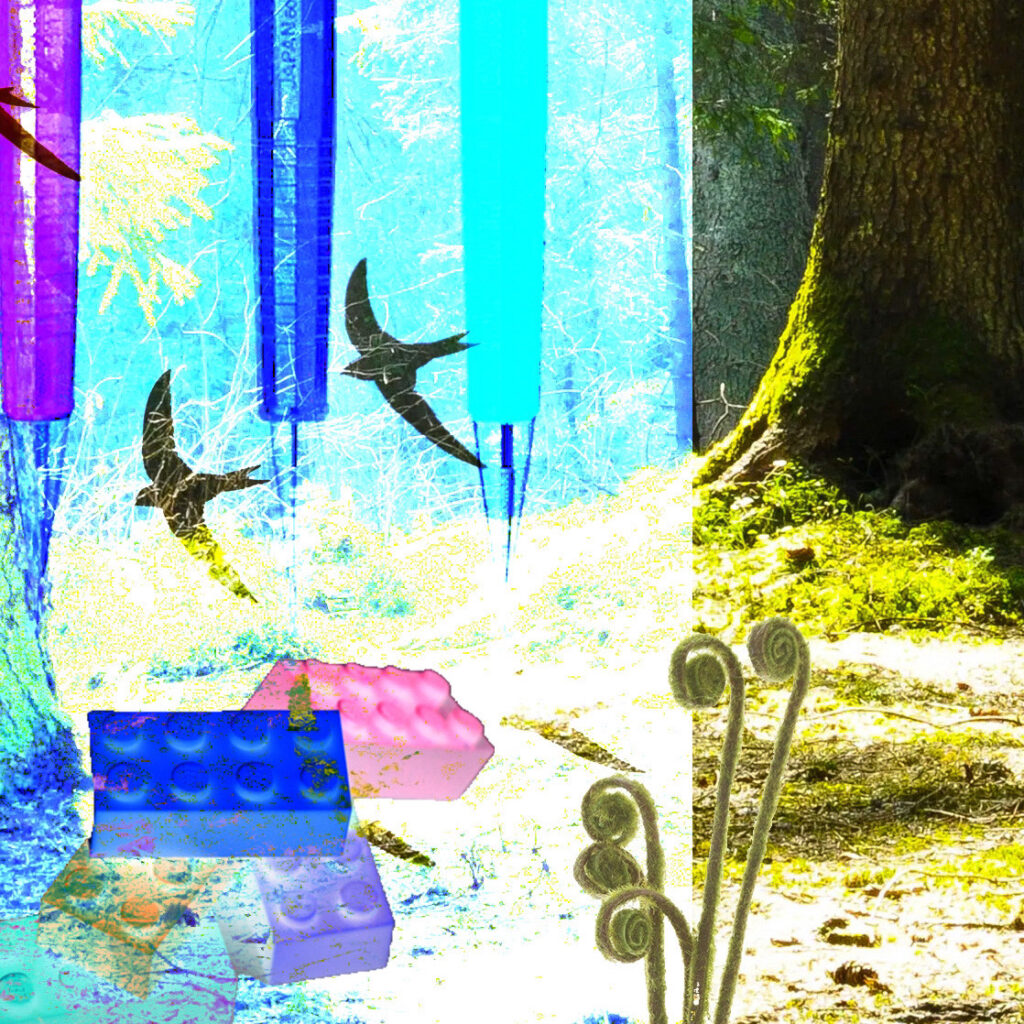
Thomas Nail
Thomas Nail is Professor of Philosophy at the University of Denver. A philosopher of movement, his research has had significant international influence: His work has been translated into eleven languages, read in more than 200 countries, and cited across more than 20 academic disciplines. He is the author of many books, including: The Figure of the Migrant (Stanford University Press, 2015), Theory of the Border (Oxford University Press, 2016), Lucretius I: An Ontology of Motion (Edinburgh University Press, 2018), Being and Motion (Oxford University Press, 2018), Theory of the Image (Oxford University Press, 2019), Lucretius I: An Ethics of Motion (Edinburgh University Press, 2020), Marx in Motion: A New Materialist Marxism (Oxford University Press, 2020), and Theory of the Earth (Stanford University Press, 2021). His publications can be downloaded at http://du.academia.edu/thomasnail
- What kinds of writing do you write?
- Academic philosophy, popular science, political commentary.
- What’s one of your favorite things you’ve written, and why?
- My books on Lucretius. It was a nice balance of creative writing, philosophy, mythology, poetry, history, and archeology. I just assumed a general free range to read the text as seemed appropriate each day. It was the most fun to write because the most free and the most surprising.
- What’s something you wrestle with in your writing process?
- When to stop reading and write and when to stop writing and read more, and eventually when to stop editing. Its something I find no set answer to but something I wrestle with in a good/experimental way.
- How would you describe your writing process?
- I am a forager. My writing is a record of a fractal search pattern and what things turned up along the way. I read and cite anything that seems relevant to my questions and do not much like disciplinary divisions. Again, I imagine the research as a literal search across various terrains without divisions or barriers. I just follow the sources and keep track as I go and then tell the story of the journey, afterward with a bit of embellishment. : )
- “Hardware” tell-all; for example: Microsoft Word or Google Docs or paper forever? Legal pads or note cards or backs of envelopes? Pencils or pens? No. 2s or mechanical? Bics or Montblancs? Etc.!
- I use Apple Pages to write. It just works smoothly and cleanly on Macs. Full screen to minimize visual distractions. I draw diagrams of all the big ideas in moleskin notebooks with a Pentel P200 Series Auto Mechanical Pencil 0.5mm. I think in pictures. I always listen to instrumental music of all genres when I write. I have some playlists on my blog philosophyofmovement.com. I drink kukicha twig tea (no caffeine) all day while writing. I try to alternate between walking, sitting, standing, and 15 minute naps. Natural lighting. Plants. Wood furniture. Sunshine. My ideal office space would be an old growth forest. “Hardware” is an atmosphere. Different music for different writing tempos and moods. “Music for Plants” playlist on Spotify is nice.
- A standout feature of your actual desk or virtual desktop that you rather like?
- I built my own standing desk that I like pretty well. Keeps my back from hurting and its easy to move around and stretch.
- 3 adjectives that describe that ‘writerly feeling’ when you’re in the zone?
- Calm, Focused, Creative
- 3 adjectives that describe that ‘not so writerly feeling’ when you’re hitting a wall?
- Tired, Blur, Pointless
- What is your Writing Animal Guide (whatever that means to you!) and why?
- Bird. I like to move back and forth between the big picture of the forest and microscopic details of the forest floor.
- What’s your top piece of writing advice for grad students embarking on their dissertations?
- Be honest about why you are writing about something. How did you come to it and why? Often academic writers forget to explain their motives and position and just assume a generalized academic interest in a topic. But the context and background story matters and motivates you readers (and you!). It’s ok to be a specific person with personal connection to the material. Also, try to learn or feel out when to stop reading. It’s ok to not have read everything.

